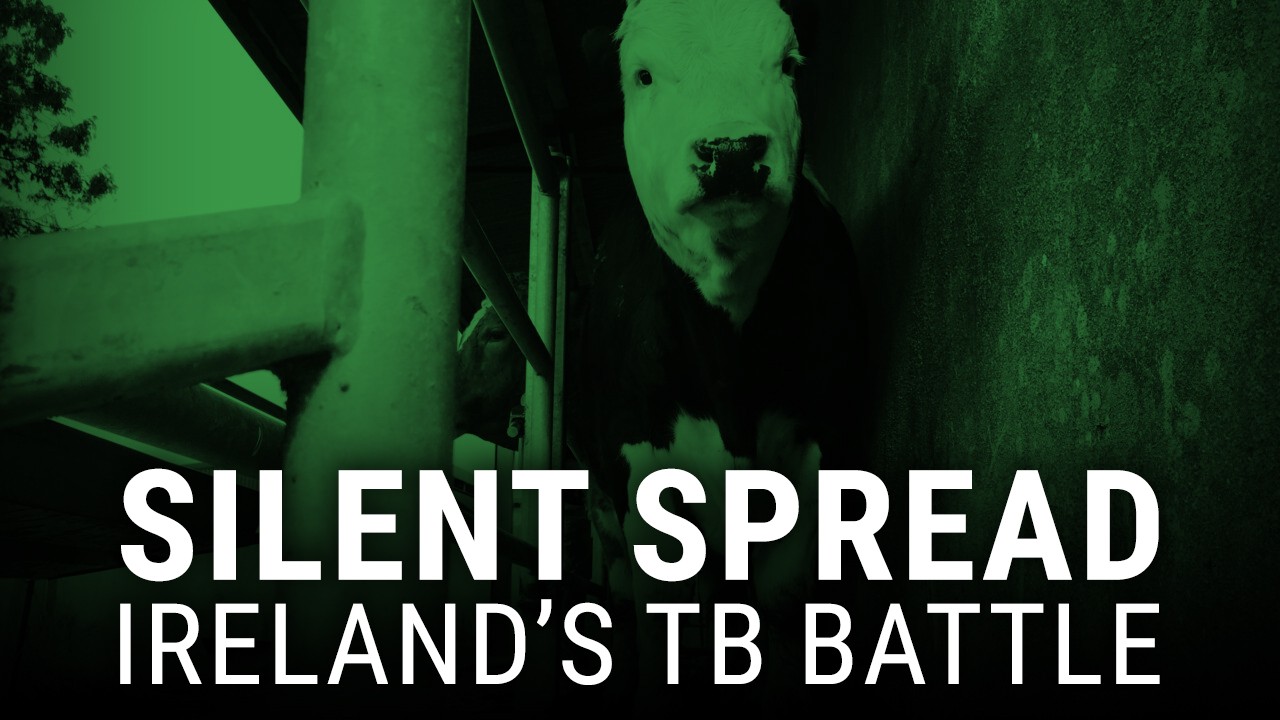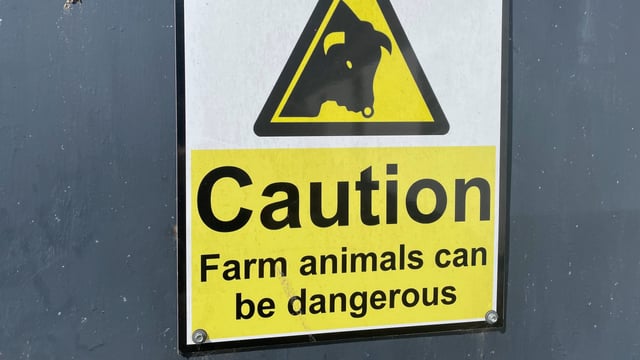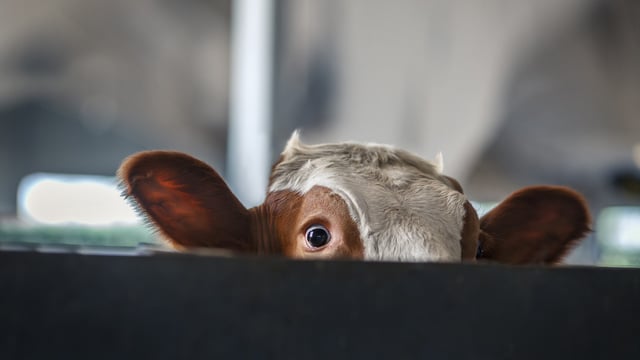Watch: The Kerry farmer who lost his entire herd to TB
In the first instalment in Agriland's new series, Silent spread – Ireland’s TB battle, we meet a farmer who shares how bovine tuberculosis (TB) has impacted his farm.
Despite being over four years since Co. Kerry farmer Noel O'Connor lost his entire herd of cows due to a bovine TB outbreak, the scars are still evident today.
The dairy farmer from Kilcooley, Ardfert first experienced this devastating disease on his farm around 12 years' ago.
A routine herd test detected one reactor and one doubtful animal resulting in the herd being "locked up" for four months.
Following two clear tests, the farm returned to normal before a similar incident occurred around three years later. Again, the restrictions were lifted following two clear tests.
However, it was in 2021 when the full brunt of a TB outbreak would be felt on the O'Connor farm.
A group of weanlings which Noel had sold to another farmer, following a clear test, later showed up as reactors several months later.
The Department of Agriculture, Food and the Marine (DAFM) then informed Noel that his herd would be restricted pending a herd test.
Noel ended up losing around a quarter of his herd following an initial test, while more animals were lost after further blood and skin tests.
At that stage, when he had lost half of his milking herd to TB, the farmer was offered depopulation.
"We had a couple of days to think about it if we wanted to accept it or not. There wasn't really an option as far as we could see, we would have to take depopulation," he said.
Noel broke down as he remembered the silence in the yard once the last of his cows had left.
"The lack of sound was the hardest. When the animals are in there's always a cow snorting or coughing or noising, scratching her head.
"She'd come up to you, she'd give you a nudge for scratch, but there was nothing, just everything gone," he said.
"There's no easy part to it. It was a hard decision but it was the right decision to make, but that still doesn't make it any easier," the farmer added.
Noel and his family took some time after losing his herd before deciding to buy more cows and get back into milking.
However, the impact of depopulation has left a lasting impact particularly when notifications arrive about routine TB tests.
"Our feeling here is that it's just a matter of time before we go down again," Noel said.
The farmer told Agriland that there is no single way to tackle TB and officials will need to examine what has happened in recent years to result in the spike in the disease.
Latest figures from the Department of Agriculture, Food and the Marine (DAFM) show 43,290 bovine TB reactors were identified in the 12 months to June 2025.
By the end of quarter two (Q2) 2025, 6,449 herds were restricted on a 12-month rolling basis.
The department confirmed that by June 29 of this year herd incidence had soared to 6.40% compared to 5.17% in June 2024.
The increase in reactor numbers in the 12 months to June of this year resulted in a corresponding jump in overall spending on the TB programme to the end of Q2 to more than €52 million.
This represents a 21% year on year jump in total expenditure compared to the same quarter last year.
Last month, Minister for Agriculture, Food and the Marine Heydon received approval from Cabinet to address the escalating levels of bovine TB in the country.
The minister said any changes to the TB programme will support and enable farm families who are currently dealing with the stress of a TB outbreak to navigate a way out of TB restriction and protect those herds currently free from TB from the stress of an outbreak.
"The final set of proposals I bring forward will be the biggest change in our approach to TB in the 75 years the disease has been in this country," he told the Dáil earlier this month.
"There will be significant funding and other implications. We are currently working through the necessary preparations to implement these changes as soon as possible," he added.






